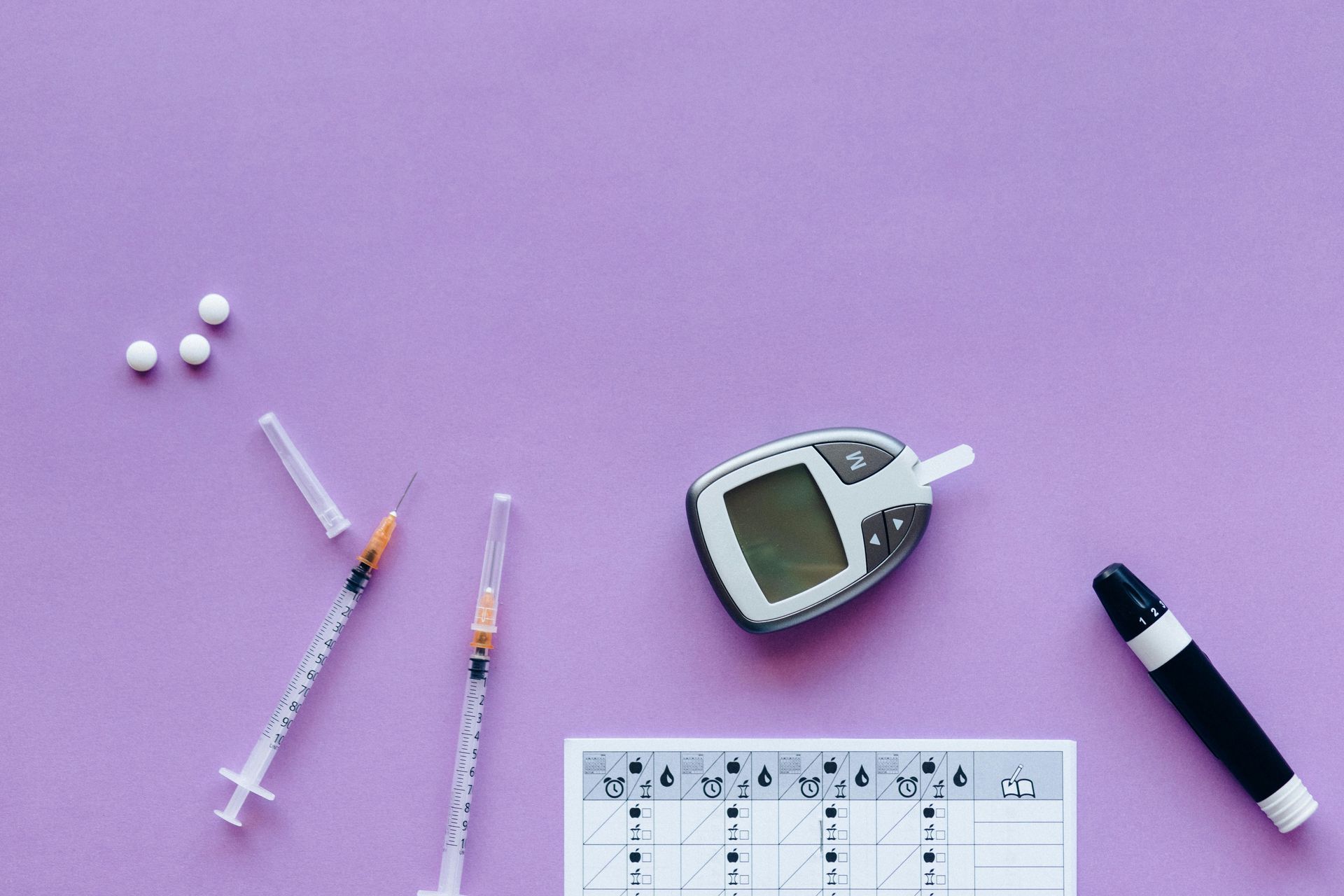Worried About Your Child? Signs and Symptoms of Mental Health Issues
Worried About Your Child? Signs and Symptoms of Mental Health Issues

Problems related to mental health in youth can be troublesome for the child and parents alike. These issues include identifying and understanding the mental illness in the first place, the common barriers surrounding
mental health disorders in children, learning coping mechanisms or treatment, as well as how to support your child.
Virtual therapy can effectively address these challenges, providing accessible and professional support for both the child and their family. We all want the best for our loved ones. Therefore, knowing what to look for regarding their mental health and the best ways to support them is essential.
Signs of Mental Illness in Children
Mental illness in adults is characterized as changes in thinking, feeling, or behaviour that disrupt the person’s ability to function normally. Comparatively, mental illness in children manifests as delays or disruptions in age-appropriate thinking, acting, socialization and regulation of emotions. These problems are distressing to children and lead to increased challenges in their functioning at home, school, or social situations.
Children and adolescents can develop the same mental health issues as adults, yet their symptoms may manifest differently. As a result, the youth who may benefit from treatment miss out on receiving the help they need. Examples of common issues in children include:
- Anxiety Disorders. Symptoms include persistent fears, worries or anxiety that disrupt their ability to participate in play, school or social situations. Diagnoses include social anxiety, Generalized Anxiety Disorder (GAD), and Obsessive-Compulsive Disorder (OCD).
- Attention-Deficit/Hyperactivity Disorder (ADHD). Symptoms include difficulty paying attention, impulsive behaviours, hyperactivity or some combination of these problems. It is important to note that girls commonly display more inattentive aspects of the disorders, while boys commonly display impulsive and hyperactive symptoms.
- Eating Disorders. Symptoms include preoccupation with one’s body image, disordered thinking about weight, and unsafe eating and dieting habits. Disorders include Anorexia Nervosa, Bulimia Nervosa and binge-eating disorder, which can result in emotional and social dysfunction, as well as physical complications.
- Depression. Symptoms include persistent low moods and loss of interest in things that would usually be enjoyed, which disrupts the child’s ability to function in school, home and social situations. Bipolar disorder falls into this category, which manifests as extreme mood swings between high moods, such as mania combined with very low moods.
- Post-Traumatic Stress Disorder (PTSD). This manifests as prolonged emotional distress, anxiety, nightmares, and negative responses to unsettling events.
When to Seek Help for Child Mental Health Disorders
The major challenge in identifying child mental health issues is the distinction between a mental disorder and the development phase. This is difficult because normal childhood development involves change. All children go through periods of sadness, anxiety, irritability, or aggression, as well as times when it is challenging to sit still, pay attention or interact with others. These instances are expected as the child adapts to its environment and learns to interact. There are, however, symptoms to be cautious of that could indicate a mental health disorder, which include:
- Persistent low moods that last two weeks or more.
- Withdrawing from or avoiding social interactions, including school
- Hurting oneself or talking about hurting oneself
- Talking about death or suicide
- Outbursts or extreme irritability
- Out-of-control behaviour that can be harmful to oneself or others
- Drastic changes in mood, behaviour or personality
- Changes in eating habits, causing drastic weight loss or gain
- Difficulty sleeping
- Frequent headaches or stomach aches
- Difficulty concentrating
Consider seeking help if these behaviours become present in your child and persist for several weeks or longer. Be vigilant if it begins to cause distress to your child, family members, peers, or others in their community.
Seeking Help for Your Child
A first step for parents who may be concerned about their child’s mental health can be to reach out to those who interact with the child the most. This can include teachers, peers, relatives, daycare workers, or anyone with frequent contact with the child. It can be helpful to ask these individuals if they have noticed changes in the child’s behaviour or personality.
Another step is to speak to the child’s physician or healthcare provider. Th is consultation may entail descriptions of your child’s concerning behaviour and what you learned about your child’s behaviour from talking to others.
You do not need a referral from a GP or anyone else to access psychotherapy services.
Children's Mental Health Assessment
Our Child and Teen therapists are trained access and treat a variety of mental health conditions and can come up with an individualized plan designed to help you and your family.
Treatment Options
Based on the results of the child’s evaluations, the mental health professional will determine the most beneficial treatment option for the child’s mental health condition. In some cases, virtual children therapy may be recommended as a flexible and effective option. The standard recommendations for treatment include:
- Psychotherapy - This treatment can also be referred to as talk therapy or behaviour therapy. Different approaches to psychotherapy are structured to target specific conditions. Psychotherapy helps to address mental health concerns through talking with a therapist, including how to talk about one’s thoughts and feelings, how to respond to them, and critical coping skills. This therapy can also include games, play, and parent involvement for young children. Our kids and teen therapists are experts at this!
- Medication - As part of the treatment plan, children and adolescents may be recommended medication. The medicines used depend on the diagnosis and may include antidepressants, stimulants, mood stabilizers, anti-anxiety medications, antipsychotics, or other medications. Our therapists cannot prescribe medication, but often times medication is used with the combination of psychotherapy.
- Family Counselling - This approach may help family members understand the child’s challenges affecting their relationship with their parents or siblings. It could also provide insight into the dynamics of the family, which could have potential positive or negative consequences for the client’s mental health. You can read more about Family Therapy here.
Providing Support for Your Child With Mental Health
Parents and guardians will play an essential role in the child’s mental health treatment. Support and understanding from parents make a big difference in the child’s healing and developmental process. There are many ways to take care of yourself and your child with mental health issues, which include:
- Educate yourself and help increase your understanding of the illness.
- Explore stress management techniques to help you respond calmly and compassionately.
- Seek ways to relax and opportunities to have fun with your child.
- Praise your child’s strengths, abilities, and progress.
- Work with your child’s school to secure the necessary support.
- Increase engagement in your child's life through talking, listening, participating in their activities when opportunities arise, and finding common interests.
Navigating your child's development process can be challenging. When it comes to mental health, especially, it can be increasingly difficult to understand your child’s difficulties since most concerns are not visible. However, providing reassurance to your child, including support and compassion, can go the extra mile in their journey toward a healthy life and maturation.
Our parenting experts can help you on how to coach your children through these challenges and teach you how to respond appropriately and effectively.
If any of this resonated with you, or if you have more questions, you can book a free 15 minute consultation for you, your child/teen or your whole family using the buttons above.











